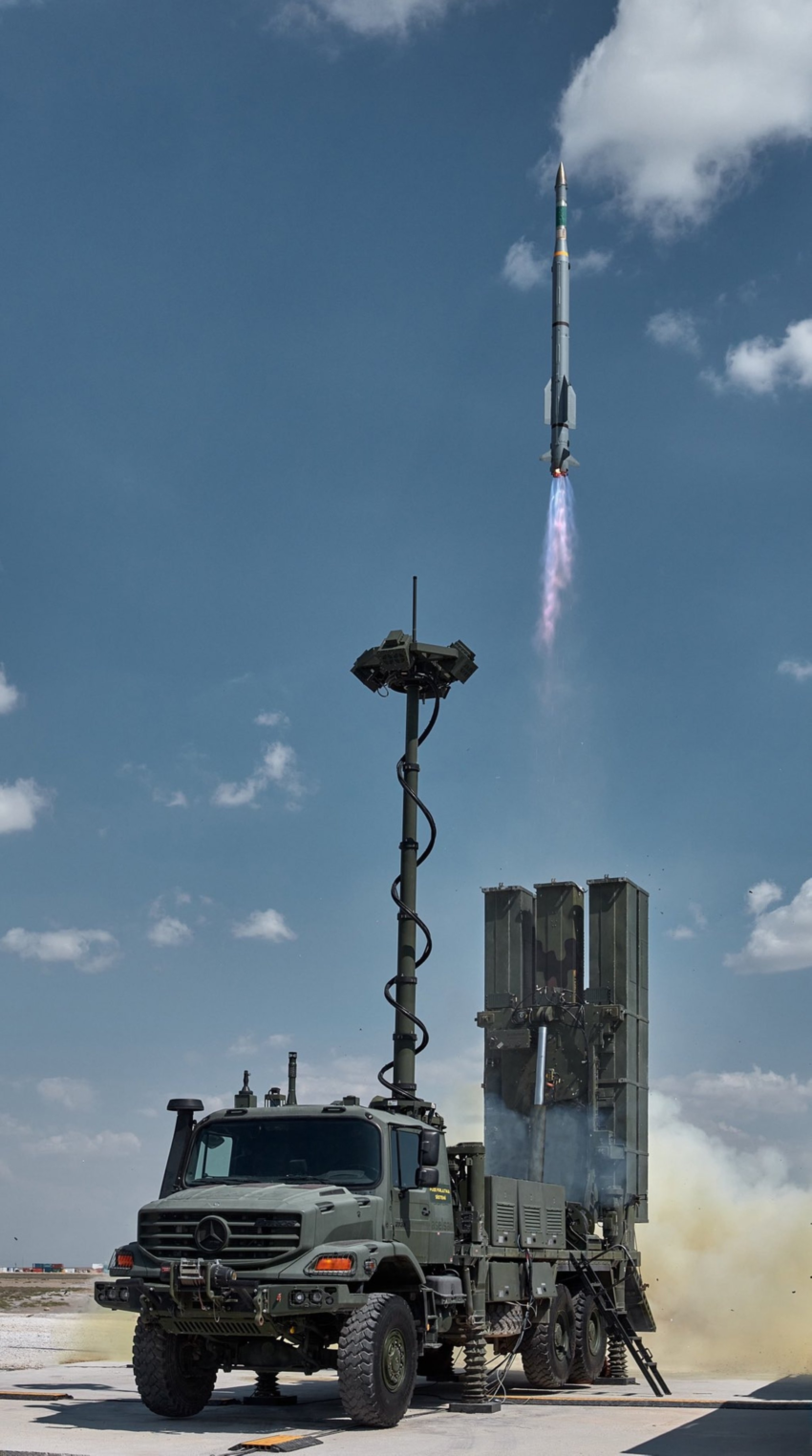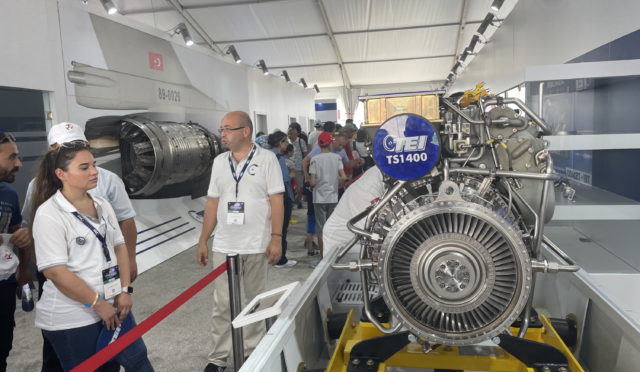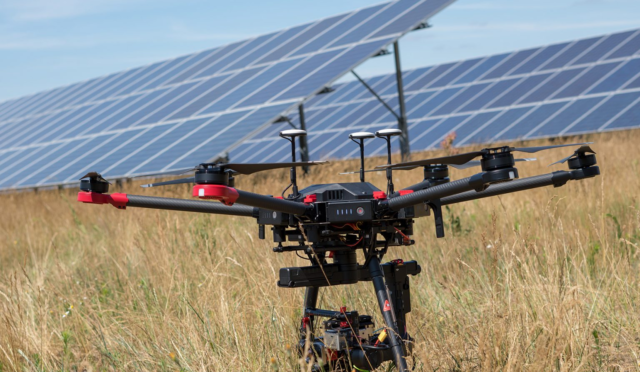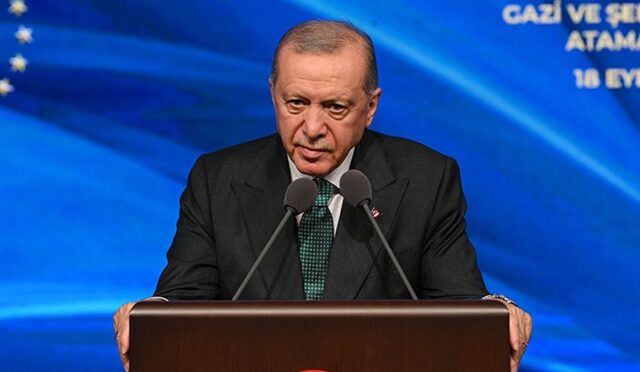Turkey Missile Technology: Advancements and Developments
**Ahmet Alemdar has recently underscored Turkey’s missile ambitions, asserting that the nation will boost its arsenal of missiles to include systems with an 800-kilometer range and expedite the development of longer-range missiles capable of reaching 2,000 kilometers. This development marks a significant stride in Turkey’s defense capabilities, particularly in a region rife with tensions and conflicts, and emphasizes the Turkish defense industry’s ongoing pursuit of advanced missile technology, a facet often overlooked in public discourse but critical for international standing.
The unfolding narrative of Turkey’s missile technology efforts reflects a broader strategy to enhance national security amid geopolitical challenges. Emphasizing self-sufficiency, Turkey’s drive for indigenous missile production stems from historical challenges associated with foreign dependence on defense systems. This is particularly vital given the country’s unique geographic position, surrounded by various conflict zones and neighboring states with escalating missile capabilities.
National Security Cannot Be a Bargaining Chip
Turkey’s past attempts to fulfill its defense needs through imports have often encountered significant hurdles, including difficulties in technology transfer and spare parts procurement. Such challenges have catalyzed the Turkish government to prioritize the development of its missile technology to ensure national security is not compromised or used as leverage in international negotiations. Notably, the imposition of sanctions by the United States after the 1974 Cyprus Peace Operation highlighted the dangers of over-reliance on foreign defense systems.
Moreover, historical moments like the withdrawal of U.S. Jupiter missiles from Turkey during the 1962 crisis demonstrated the necessity for full autonomy in national security matters. These incidents reinforced Turkey’s resolve to establish a robust and self-sufficient defense infrastructure, prompting a renewed focus on developing indigenous missile systems.
A Historical Perspective
Turkey’s journey in missile technology began as early as the 1950s, although it wasn’t until the 1980s that concrete measures were implemented. Following Turkey’s NATO membership, the country aimed to tap into the alliance’s technological advancements, yet often found its aspirations unmet. This led to a reliance on military aid and imports, driving the establishment of the Defense Industry Development and Support Administration, which has since prioritized missile project investments.
The establishment of Roketsan in 1988 marked a pivotal moment for Turkey’s domestic missile development. As a cornerstone of Turkey’s efforts, Roketsan has facilitated the transition from dependency on foreign missile systems to the domestic production of advanced technologies. While early efforts primarily involved the importation of NATO-standard missile systems, institutions such as Roketsan and TÜBİTAK emerged as vital players in fostering local innovation and self-reliance in defense capabilities.
The Role of Research Institutions in Development
The contributions of research institutions like TÜBİTAK SAGE have been instrumental in laying the groundwork for Turkey’s missile technology. These entities have supported the movement from basic, short-range systems to more sophisticated missile capabilities. By focusing on both indigenous development and selective technology transfer from allied nations, Turkey has made strides in creating homegrown systems tailored to its specific defense needs.
However, the aspirations for technology transfer have frequently been curbed by limitations in international collaborations, emphasizing the necessity for Turkey to cultivate its own capabilities. This pivot towards indigenous production not only enhances national security but also fosters technological independence in an increasingly competitive global defense landscape.
Current Progress and Future Directions
As Turkey accelerates its missile program with the aim of enhancing its strategic capabilities, the focus is not merely on increasing the quantity of missiles but also on advancing their sophistication. The development of missiles with extended ranges signifies Turkey’s commitment to ensuring its deterrent capabilities are aligned with current and future security challenges.
Looking ahead, ongoing investments in research and development are expected to yield more advanced missile systems, further solidifying Turkey’s position in the defense sector. The collaboration between governmental agencies and private defense contractors will be crucial in achieving these goals, paving the way for a more self-sufficient and technologically advanced Turkish military.







